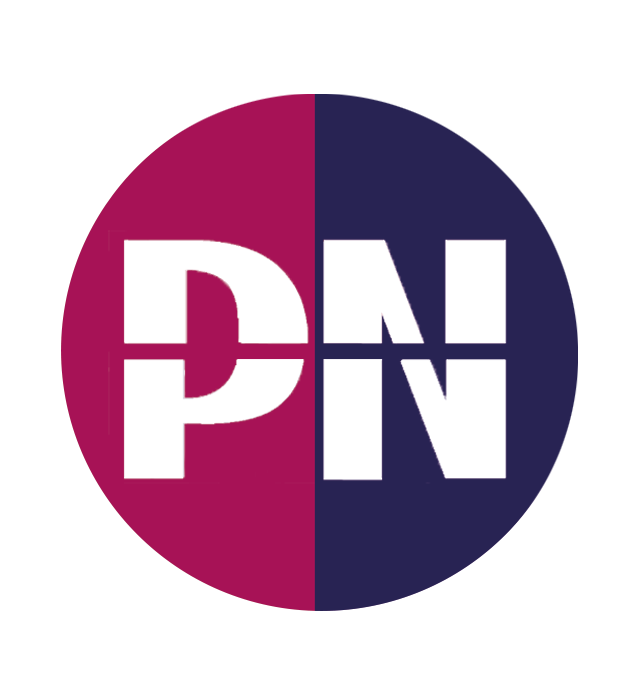Fostering Academic Excellence:
Inclusion is the bedrock upon which academic excellence is built. A diverse student body and faculty bring varied perspectives and experiences to the classroom, enriching discussions and promoting critical thinking. Inclusive higher education institutions have the potential to lead in innovative research and educational outcomes.
Empowering Tomorrow’s Leaders:
Higher education is not just about acquiring knowledge; it’s about shaping future leaders. By instilling values of inclusivity, you are preparing students to be ethical, compassionate, and culturally aware leaders who can make a positive impact on society.
Meeting the Demands of the Future:
In an increasingly diverse and interconnected world, students expect an inclusive education environment. By prioritising diversity and inclusion now, higher education institutions can not only attract a wider pool of students and faculty but also enhance their reputations and relevance in the ever-changing educational landscape.
As the global workforce continues to become more diverse, the demand for multilingual training will only grow. Companies that take steps now to begin building out these training opportunities will benefit from more specialised and informed students & employees today – and more engaged and loyal employees tomorrow.
As the global workforce continues to become more diverse, the demand for multilingual training will only grow. Companies that take steps now to begin building out these training opportunities will benefit from more specialised and informed students & employees today – and more engaged and loyal employees tomorrow.
We invite you to watch this short video and would be delighted to engage with you and explore how our expertise can enhance your institution’s commitment to diversity, inclusion, and multilingual competency. Our training programs extend to multilingual employees and students, equipping them to navigate the complexities of a multicultural academic environment.

In recent years, organisations have increasingly recognized the importance of fostering a diverse and inclusive workplace environment. This case study highlights the transformative journey of Ministry of Defence, a multinational company, in promoting inclusivity by providing Deaf awareness training to its staff and colleagues. It illustrates how this initiative positively impacted a Deaf employee, met legal requirements under the Equality Act 2010, the Care Act 2014, and Accessibility Standards 2016, and offers testimonials from attendees.
Our Case Study:
Part 1:
Deaf Awareness Training at the Ministry of Defence, where they took proactive steps to enhance its workplace inclusivity. Recognizing the need for a more inclusive environment, they initiated Deaf awareness training for their staff.

Part 2: The Impact on a Deaf Employee
Deaf employees, have been working at MOD for several years. Before the Deaf awareness training, they often felt isolated, struggled to communicate effectively, and faced barriers to career advancement. The training sessions played a pivotal role in transforming their experience.
- Emotional Impact: They expressed a sense of validation and belonging after their colleagues and superiors underwent the training. They shared that for the first time, they felt seen and understood. The emotional impact was profound, and it positively affected their mental well-being and self-esteem.
- Improved Communication: With the newfound understanding among colleagues and staff, they noticed a significant improvement in their day-to-day communication. Their colleagues began using simple sign language and were more patient when communicating with them. This improvement streamlined their work processes and reduced misunderstandings.
- Career Advancement: Their confidence in the workplace increased, and they felt more motivated to pursue career development opportunities. As a result, they were more active in seeking out mentorship and guidance, leading to career growth within the organisation.
Part 3: Legal Compliance and Accessibility Standards
Deaf awareness training program was in line with the requirements of the Equality Act 2010, the Care Act 2014, and the Accessibility Standards 2016.
- Equality Act 2010: The Deaf awareness training program addressed the legal requirements outlined in the Equality Act 2010 by fostering a workplace culture that values diversity and actively seeks to remove discrimination and promote equality.
- Care Act 2014: Extended the principles of the Care Act 2014 by actively identifying and addressing the specific care and support needs of their Deaf employees. The training aimed to promote mental well-being and social inclusion while respecting individual choices and promoting integration.
- Accessibility Standards 2016: The company’s efforts to promote accessibility were evident in the inclusion of Deaf awareness training. They also ensured that their physical workspace met accessibility standards, such as the availability of assistive technology and the provision of sign language interpreters when needed.
Part 4: Testimonials
Numerous attendees of the Deaf awareness training program expressed their thoughts:
- John, a colleague, said, “The training was an eye-opener. I now understand the challenges faced by Deaf colleagues and am committed to making the workplace more inclusive.”
- Jane, a senior manager, added, “The training made me realize the importance of diversity. It’s not just about ticking boxes; it’s about creating a better work environment for everyone.“
- Employees themselves shared, “The training helped me to feel like a valued member of the team, and I’m excited about my future here.“
Conclusion:
Fostering inclusivity through Deaf awareness training led to profound changes in the work environment. The emotional impact on employees was transformative, and their experiences have improved significantly. Additionally, the organisation’s efforts met the legal requirements laid out in the Equality Act 2010, the Care Act 2014, and Accessibility Standards 2016. Testimonials from attendees demonstrate the positive shift in attitudes and behaviours towards inclusivity within the organisation.
Click here to view our D/deaf awareness training.




